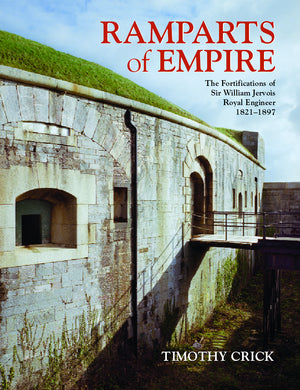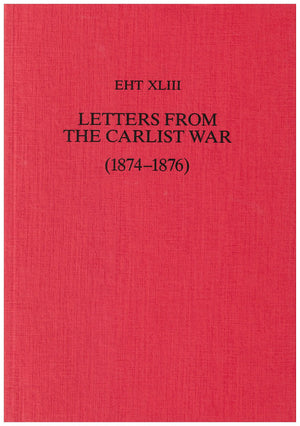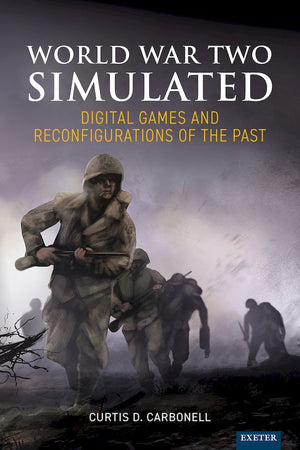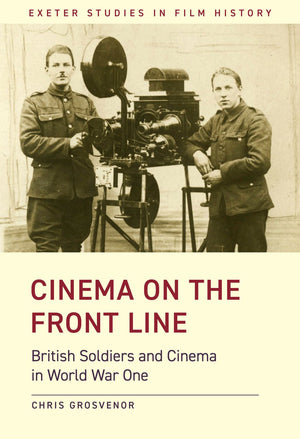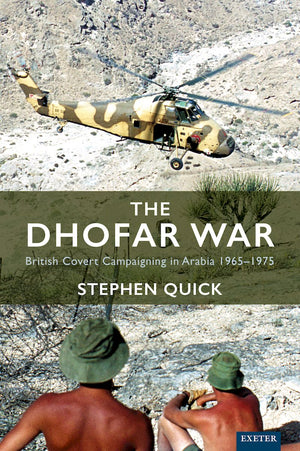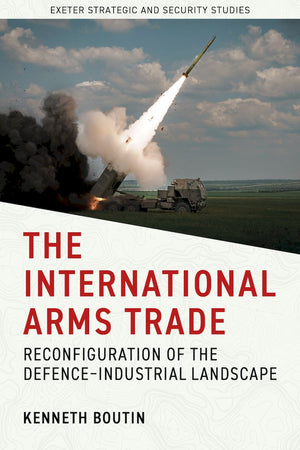University of Exeter Press
Tactical and Strategic Insights from the Russo-Ukrainian War
Western Security and Defence in the 21st Century
Couldn't load pickup availability
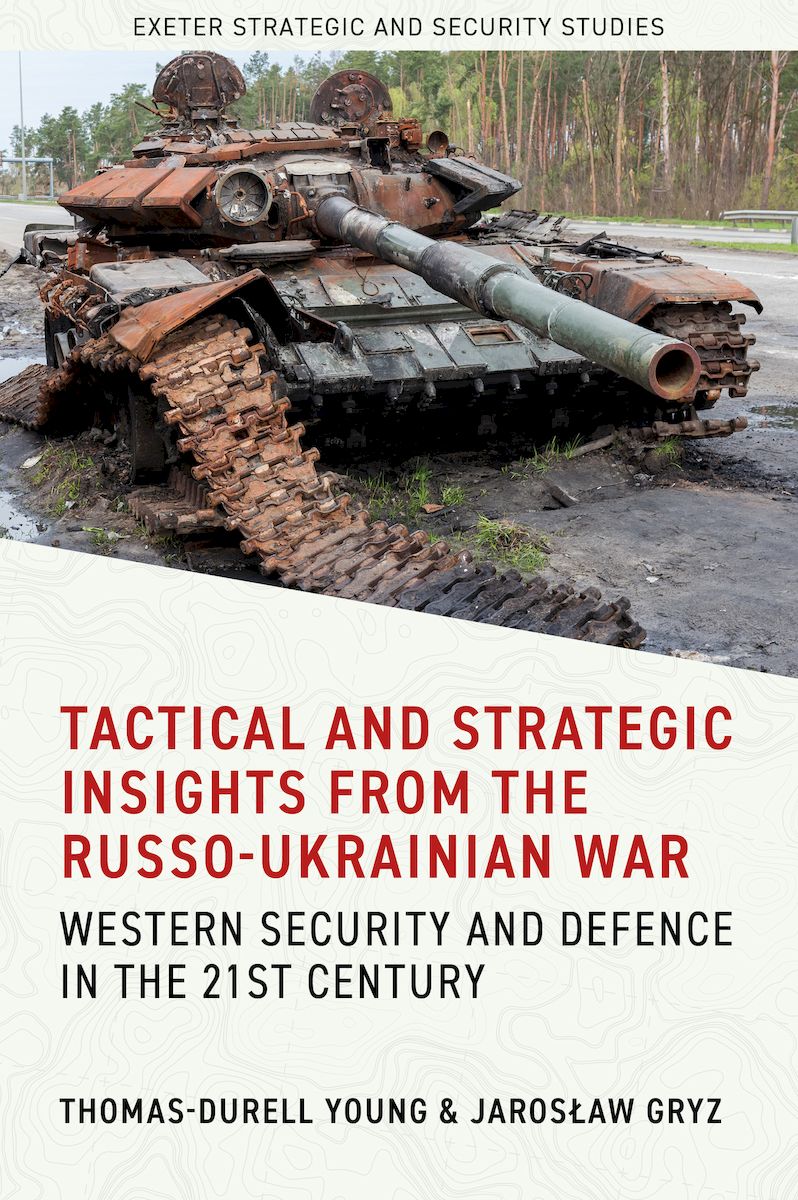
- 304 Pages
This edited collection is the first volume to consider potential new insights afforded by the Russo-Ukrainian War that could be salient for Western defence officials and planners. The contributors reflect on what are likely to be important issues that need to be addressed in order to ensure that Western armed forces are capable of deterring Russia. Closely examining how the war is being fought throughout the battlespace, the chapters avoid falling into the trap of making determinative statements about which developments might be trendsetters or are ‘new’ aspects of modern war. Rather, and given that this conflict apparently is far from over, the contributors eschew determinism and instead offer open-ended and clear-eyed analysis of what is playing out on the ground.
Individual chapters address the following lines of analysis, among others, arising from the war:
- Russian thinking on warfare and how it has been misunderstood by many in the West, as well as judging Russian military performance as simply being represented in numerical results.
- Manoeuvre, and the growing importance of urban areas in land warfare.
- Developments in the delivery of kinetic force (land, air, maritime and cyber) and operational fires.
- Longer-term effects of Russia’s rejection of the law of war and its systematic breaches of international legal norms by actively attacking non-military targets (economic, infrastructure, cultural assets), and the implications of this for NATO’s logistic formations and higher-level policy.
- Communications—both field signals and strategic narratives.
Introduction: The scope of the Russo–Ukrainian War Jarosław Gryz and Thomas-Durell Young
DOI: 10.47788/EGCI4249
1. The Russo–Ukraine War: How Russian Military Theory Presaged Future Wars Krisztián Jójárt
DOI: 10.47788/DJHU8663
2. OSINT Chronicles: Analysing Frontline Dynamics, Equipment Losses, and Casualties in the First 500 Days of the 2022 Russian Invasion of Ukraine Zsolt Lazar
DOI: 10.47788/LUVD1621
3. Battlefield Communications in the Russo–Ukraine War: The First Six Months Glen Grant
DOI: 10.47788/PFVT3249
4. The Russo–Ukraine War and the Urban Battle Anthony King
DOI: 10.47788/SHOY7950
5. Operational Fires: Lessons Observed Zhirayr Amirkhanyan 10.47788/AREP3606
6. Ukraine’s Air War in Context Christian F. Anrig
DOI: 10.47788/EBYW9203
7. The Black Sea as an Area of Military Operations during the Russian ‘Special Operation’ Piotr Mickiewicz and Daniel D. Kasprzycki
DOI: 10.47788/IBXT9684
8. In the Classroom of Cyber-War: Lessons Observed from the Cyber-Kinetic Nexus Roman Kolodii
DOI: 10.47788/CHIW9689
9. Logistics Lessons Observed: A Critical Enabler and Vulnerability Ronald Ti
DOI: 10.47788/VPNU6680
10. Ukrainian Cultural Heritage in the Russian–Ukrainian War: Ukrainian Theatre—A Case Study Ilona Urych, Anna Korzeniowska-Bihun, Robert Boroch and Tadeusz Szczurek
DOI: 10.47788/PVYF5322
11. Lessons Observed from Critical Energy Infrastructure: Its Role in the Russian–Ukrainian War Jarosław Gryz, Andrzej Soboń, Dariusz Majchrzak, Krzysztof Król and Andrzej Wilk
DOI: 10.47788/GJCE7611
12. Lessons Observed: Countering Information Warfare Marlena Zadorożna
DOI: 10.47788/PWBY1376
Conclusion : Preliminary insights for NATO defence officials and planners Jarosław Gryz and Thomas-Durell Young
DOI: 10.47788/ESKG7392









